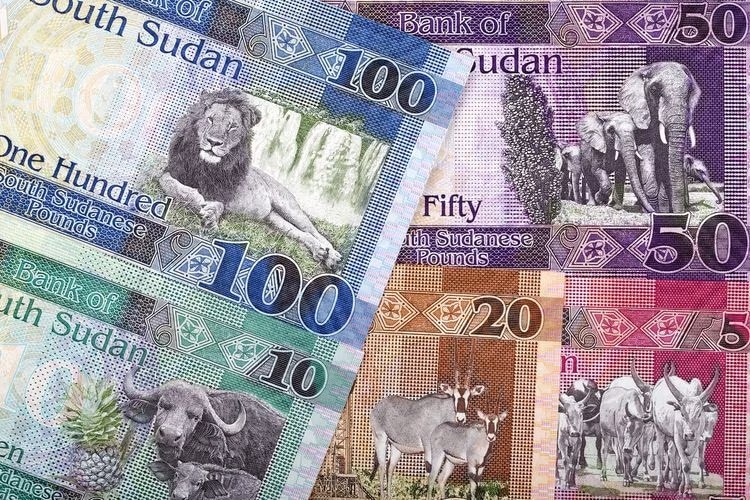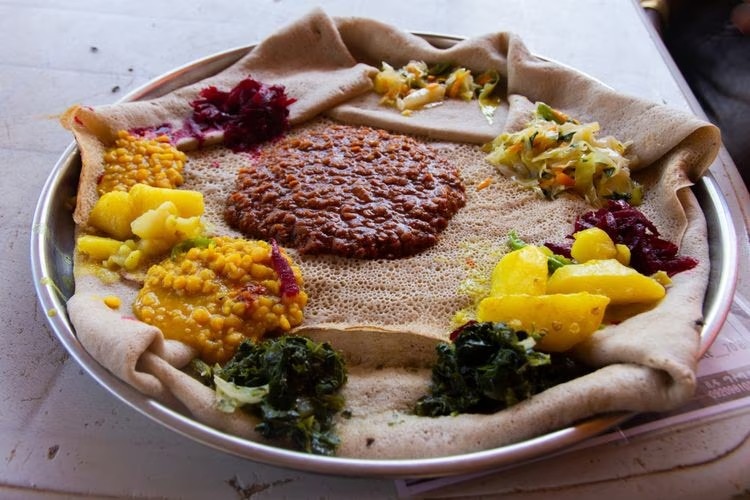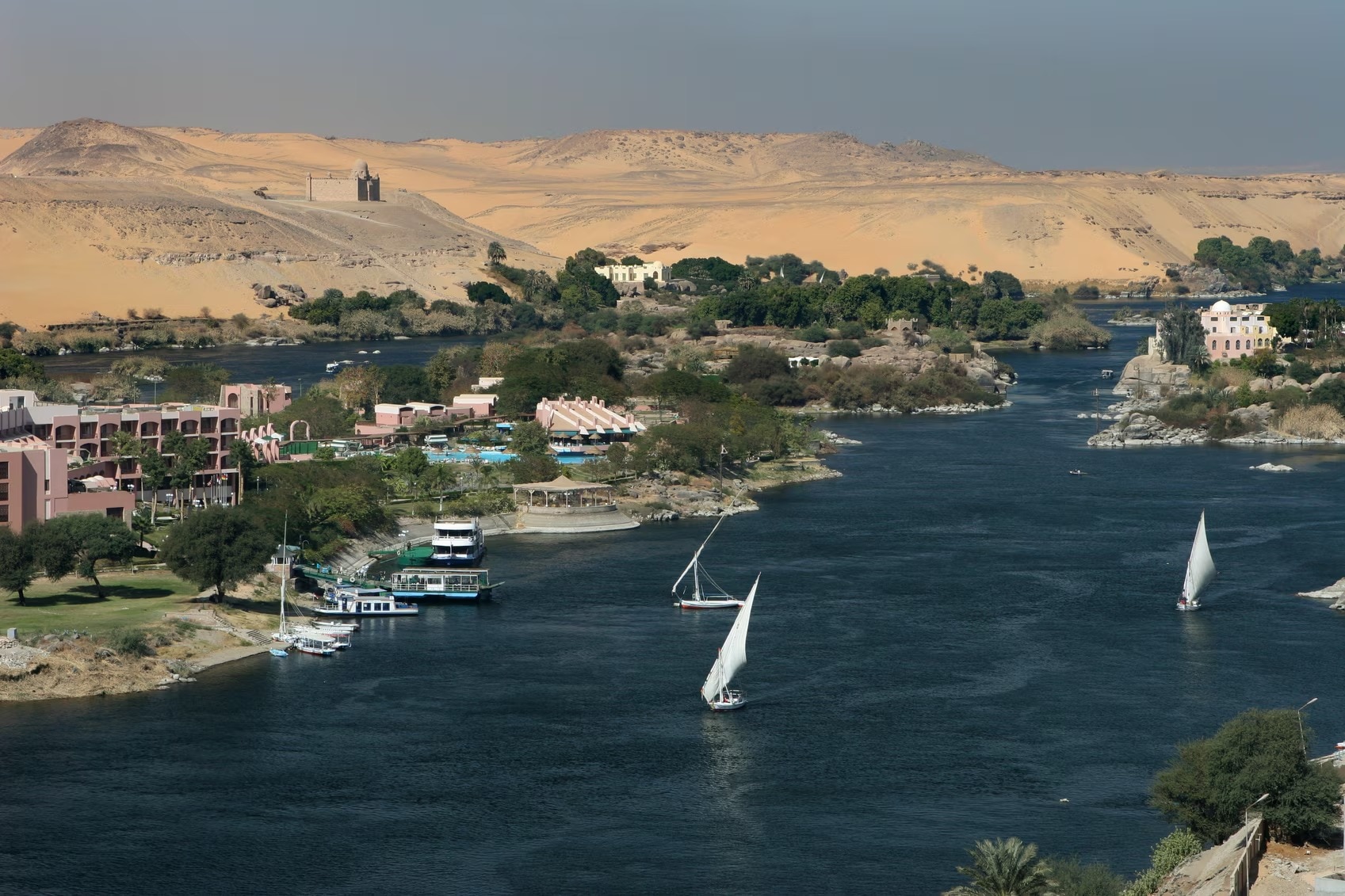South Sudan Travel Tips and Information

Origin of Image source: istockphoto.com
Official Name
Republic of South Sudan
Capital
Juba
Population
Country Code
12.23 million
SS
Country Code (international calls)
+211
The flight time to South Sudan is approximately ---- hours. Check the climate, currency, religion, manners, other information of South Sudan below. Wishing you pleasant travels to South Sudan.
South Sudan is bordered by Sudan, Ethiopia, Kenya, Uganda, Democratic Republic of Congo, and the Central African Republic.
Local Climate / Weather
South Sudan, located in East-Central Africa, experiences a tropical climate marked by a clear distinction between the wet and dry seasons. Understanding the seasonal patterns is crucial for all travelers planning a visit, ensuring an optimal and enjoyable trip. Climate Overview South Sudan’s climate can be divided into two main periods: the rainy season and the dry season. The rainy season typically spans from April to October, characterized by high humidity and heavy rainfall, especially in the central and southern regions. Average temperatures during this period range from 20°C to 30°C. In contrast, the dry season occurs from November to March, marked by significantly reduced rainfall and drier air, with temperatures often soaring between 25°C and 40°C. The northern regions tend to experience more arid conditions compared to the southern areas. Seasonal Travel Advice all travelers looking to explore South Sudan should consider visiting during the dry season (November to March) when travel conditions are more favorable. Roads and infrastructure, which can be affected by heavy rains, are more accessible during this period. However, travelers should prepare for high temperatures, particularly in January and February, when the heat peaks. Lightweight, breathable clothing, sun protection, and hydration are essential. The wet season, while less ideal for travel due to potential flooding and impassable roads, offers a lush landscape and opportunities for those interested in experiencing the region’s vibrant natural beauty.
Currency & Tipping
Currency
When planning a trip to South Sudan, understanding the local currency and tipping customs is essential for a smooth travel experience. The official currency in South Sudan is the South Sudanese Pound (SSP). It is advisable to carry cash in small denominations as card payments and ATMs can be limited, especially outside the capital city, Juba. U.S. dollars are also widely accepted and can be exchanged at banks or authorized currency exchange centers.
Tipping
Tipping Practices in South Sudan: Tipping is not obligatory in South Sudan, but it is appreciated as a gesture of gratitude. In restaurants and hotels, a 5-10% tip is common if the service was satisfactory. For tour guides and drivers, tipping is also encouraged; consider giving around 5-10 USD per day, depending on the quality of service. For smaller services, such as porters or assistants, a tip of 1-2 USD is appropriate.
Useful Travel Information

Voltage & Electrical Outlets
South Sudan operates on a 230V supply voltage and uses Type C and Type D electrical outlets. all travelers should ensure that their electronic devices are compatible with this voltage or bring a voltage converter and a universal travel adapter that supports Type C and Type D plugs to avoid inconvenience.

Internet Connectivity
Access to the internet in South Sudan can be limited, and connections might not be as fast or reliable as in more developed regions. The main local carriers that provide internet services include MTN South Sudan and Zain South Sudan. It is advisable for travelers to purchase a local SIM card upon arrival for more affordable data plans and better coverage. Be prepared for fluctuations in service quality, particularly outside major cities like Juba.
Water for Consumption (Drinking Water)
Tap water in South Sudan is generally not safe for direct consumption. To avoid health risks, all travelers should rely on bottled water, which is widely available in urban areas. It is also advisable to carry water purification tablets or portable water filters when venturing into more remote areas to ensure safe hydration. Staying vigilant about water safety can help prevent waterborne illnesses during your trip.
Culture, Religion & Social Etiquette
Culture
South Sudan is a culturally diverse nation, home to over 60 different ethnic groups, each with its own distinct traditions and way of life. all travelers will find South Sudan’s rich cultural tapestry intriguing, highlighted by music, dance, storytelling, and traditional ceremonies. The Dinka, Nuer, and Shilluk are among the largest ethnic groups, known for their deep-rooted practices such as cattle herding, which is central to their identity. Festivals and celebrations often feature vibrant traditional attire, rhythmic dances, and communal feasting. One of the most notable traditions is the initiation rites for young men, symbolizing their transition to adulthood. all visitors will appreciate the warm hospitality shown by the locals, who value community ties and treat guests with respect and generosity.
Religion
Religion in South Sudan is a significant part of daily life and cultural identity. The majority of South Sudan’s population practices Christianity, with various denominations such as Catholicism, Anglicanism, and Evangelical faiths being prevalent. Indigenous beliefs, which involve nature-based spiritual practices, are also observed, particularly in rural areas. These beliefs are often blended with Christian practices, resulting in unique religious expressions. A smaller segment of the population follows Islam, especially in urban centers. For all travelers, understanding the religious practices and participating in local church services or observing community gatherings can offer deeper insight into the nation’s spirituality and shared sense of faith.
Social Etiquette
Understanding the social norms and etiquette in South Sudan is essential for all travelers to navigate interactions smoothly. Respect for elders and leaders is deeply ingrained, and showing deference during conversations is important. When meeting someone, a handshake combined with a warm smile is customary. Greetings often involve inquiries about family and health, signaling genuine interest in one’s well-being. Modesty in dress is recommended, especially in rural and religious areas, to show respect for local customs. Additionally, guests are often invited to share meals, and it is polite to accept such offers as a sign of goodwill. When dining, using the right hand is preferred, as it aligns with traditional customs. Overall, South Sudan’s culture, religion, and manners reflect its resilience and the unity of its diverse communities. all travelers who embrace and respect these aspects will find their experience enriched with meaningful connections and insights into a nation rebuilding with hope and pride.
Food Culture
South Sudan's food culture is an integral part of its rich heritage and offers an intriguing experience for all travelers looking to explore unique flavors and traditional dishes. The cuisine of South Sudan is deeply rooted in its agricultural practices and diverse ethnic traditions, with an emphasis on fresh, locally-sourced ingredients. Staple foods such as sorghum, millet, and maize form the backbone of many meals, often served in porridge-like dishes or made into flatbreads. These are accompanied by hearty stews filled with vegetables, beans, and sometimes meat, creating a nourishing and flavorful combination. A standout dish that captures the essence of South Sudanese cuisine is Asida, a thick porridge typically served with a rich stew made from lamb or goat, complemented by okra and various spices. All will find the communal nature of dining in South Sudan similar to their own practices, where food is enjoyed in a shared setting, fostering connection and conversation. Another popular dish worth trying is Kisra, a type of fermented bread similar to a thin pancake, often paired with savory sauces or vegetable dips.
Major Tourist Attractions & UNESCO World Heritage Sites
Major Tourist Attractions
The White Nile River flows from north to south from Uganda to Sudan, and the beauty of the morning sunrise is spectacular. However, since taking pictures with a camera is prohibited in many places in South Sudan, please refrain from taking pictures unnecessarily.
UNESCO World Heritage Sites
There are no World Heritage Sites in South Sudan.
Voice of Travelers to South Sudan
Going to Church
This year, I decided to book an air ticket to South Sudan. Getting a visa for South Sudan was very easy, and it took between 3 to 5 days to be processed. I stayed in the Juba Regency Hotel, and it was a nice hotel, the pool was relaxing, the rooms are spacious and the staff was very helpful. The highlight of my trip was visiting the St.Theresa Cathedral, a church in Juba. The building was magnificent, and I happened to catch the church-goers singing! It was a beautiful experience, and I cannot wait to go back! Very recommended for anyone.
Check out Their Boat Tours
South Sudan had great weather. I didn’t face many challenges, as everything was very easy to get to. And everything was relatively cheap, including my hotel. I booked a boat tour on the Nile river and it was very relaxing. The breeze and the view of Nile were nice. Bird watching, fishing, visiting tribal people and wildlife observation were the high point of the trip. If you want to have an adventure near the Nile, get an air ticket in advance for a cheap one and come to South Sudan!!
Malakal in South Sudan
I visited Malakal on business, but I enjoyed it so much I want to bring my wife and kids next time. Malakal is the second largest city after Juba, the capital of South Sudan. South Sudan is a unique country with loads of historic places to visit. The best month to travel there is in January and February, as the weather is absolutely perfect. I found many cheap air tickets online, so I think travelers on a budget can visit here too! Everyone should go here.



